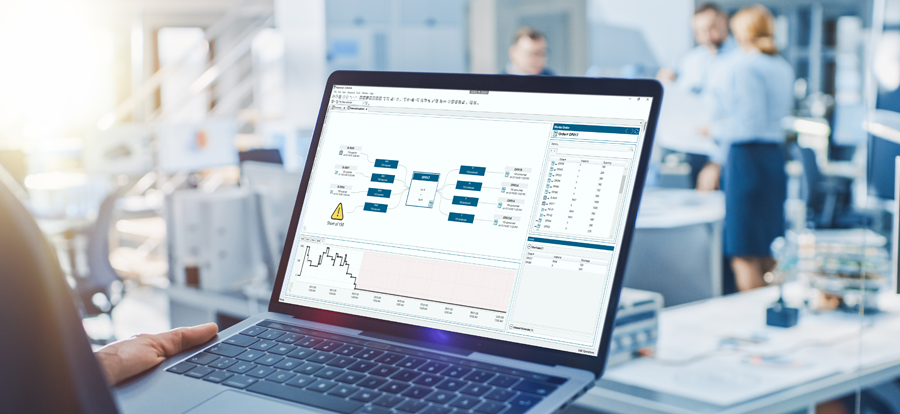Why Manufacturing Businesses Need ERP Accounting & Manufacturing Software
Manufacturing businesses can greatly benefit from using ERP (Enterprise Resource Planning) accounting and manufacturing software.
Here are some reasons why:
Integrated Operations: ERP software integrates accounting and manufacturing functions into a single system. This integration ensures seamless data flow between departments, such as finance, production, inventory, and procurement. It eliminates data silos, improves communication, and provides a holistic view of the entire manufacturing process.
Streamlined Financial Management: ERP accounting modules within the software offer robust financial management capabilities tailored specifically for manufacturing businesses. It allows for accurate tracking of costs, expenses, and revenues associated with manufacturing operations. This streamlines financial processes, enhances cost control, and provides real-time insights into the financial health of the business.
Inventory and Materials Management: Manufacturing software within ERP enables efficient management of inventory and materials. It helps track raw materials, work-in-progress (WIP), and finished goods throughout the production cycle. This allows businesses to optimize inventory levels, reduce carrying costs, minimize stockouts, and streamline procurement processes.
Production Planning and Scheduling: ERP manufacturing software includes features for production planning and scheduling. It helps optimize production workflows, allocate resources effectively, and ensure timely delivery of products. With better visibility into production schedules and resource availability, manufacturing businesses can improve operational efficiency and meet customer demands more effectively.
Quality Control and Compliance: ERP manufacturing software often incorporates quality control modules. It enables businesses to define quality standards, perform inspections, track defects, and implement corrective actions. This ensures adherence to quality standards, improves product quality, and helps comply with industry regulations and customer requirements.
Supply Chain Management: ERP software provides comprehensive supply chain management capabilities. It enables businesses to manage suppliers, track orders, handle logistics, and streamline procurement processes. This helps optimize the supply chain, improve supplier relationships, reduce lead times, and enhance overall supply chain efficiency.
Real-time Data and Analytics: ERP software offers real-time data and analytics capabilities, providing valuable insights into manufacturing operations. It allows businesses to monitor key performance indicators (KPIs), track production costs, analyze production efficiency, and identify areas for improvement. Data-driven decision-making based on accurate and up-to-date information can lead to improved operational efficiency and cost control.
Regulatory Compliance: Manufacturing businesses are often subject to various regulations and compliance requirements. ERP software can help manage compliance by integrating regulatory requirements into workflows, automating compliance processes, and generating compliance reports. This reduces the risk of non-compliance and associated penalties or reputational damage.
Scalability and Flexibility: ERP software is designed to accommodate the needs of growing manufacturing businesses. It can scale with the business, handle increased production volumes, and adapt to changing business requirements. This flexibility allows manufacturers to expand their operations, add new product lines, or enter new markets without significant disruptions.
Enhanced Collaboration: ERP software facilitates collaboration and communication among different departments involved in manufacturing, including finance, production, inventory, and procurement. It enables seamless sharing of information, improves coordination between teams, and enhances overall productivity.
In summary, ERP accounting and manufacturing software offer manufacturing businesses integrated operations, streamlined financial management, improved inventory and materials management, production planning and scheduling capabilities, quality control and compliance features, comprehensive supply chain management, real-time data and analytics, regulatory compliance support, scalability and flexibility, and enhanced collaboration. These benefits contribute to increased operational efficiency, cost control, better decision-making, and improved customer satisfaction for manufacturing businesses.


.png)

Comments
Post a Comment